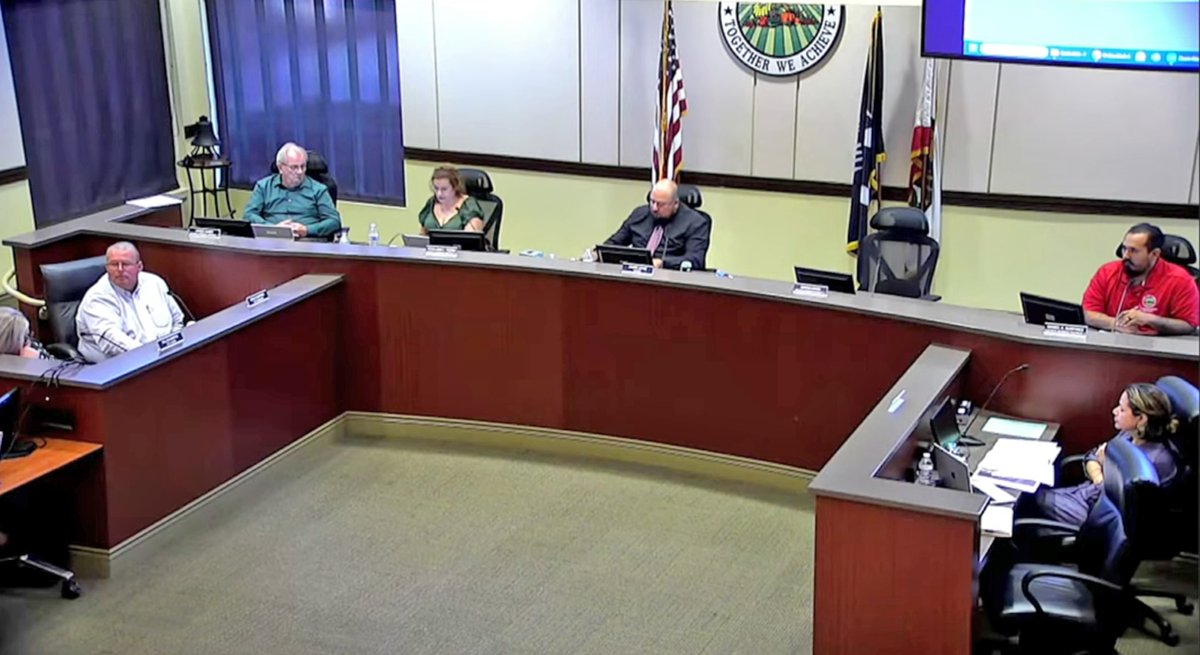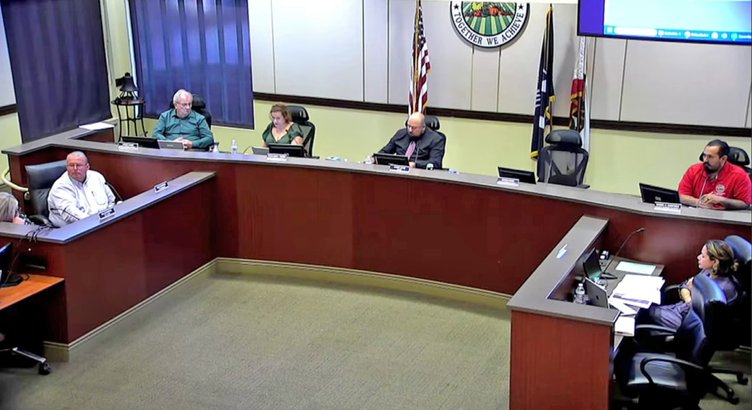Members of the Ceres City Council found their backs against the wall on Monday when they learned the city must take a budget hit of $750,108 due to financial problems with the agency providing health, dental and vision benefits.
Since Jan. 1, 2024 the city of Ceres has been a member of a Joint Powers Authority known as the Fire Risk Management Services that operates and manages health and welfare benefit programs, such as medical, dental, vision, and worker’ compensation. The self-insurance pool also serves about 35 municipalities.
Human Resources Director Delilah Vasquez informed the council that on June 23 the JPA board learned of its mounting financial problems due to a dramatic increase in claims.
“The deteriorating trend in program costs,” said Vasquez, “was attributed to increases in overall medical utilization by members and unprecedented number of high value procedures and treatments over the last 24 months, and claims processing delays discovered over the past 12 months.”
The JPA projects to be $11.8 million in the red for payouts in 2024 and 2025 so the board decided to impose a special assessment on member agencies and will terminate the medical benefit coverage program effective Dec. 31, 2025.
The city has secured a new provider for medical, dental and vision coverage starting Jan. 1, 2026. The city has secured rates by working with Keenan & Associates.
On July 30, the city received an invoice for assessments of $330,275.53 for calendar year 2024 and $1,019,99.45 for calendar year 2025.
The city may pay in full the $1.24 million by Oct. 1 and save $108,000; or make 18 monthly installments of $75,010.83. While the savings from paying the balance due is financially attractive, Vasquez advised against it based on the uncertainties of the JPA through the remainder of the year and to ensure the city isn’t overpaying “or prematurely committing to a financial obligation without full transparency.”
Councilwoman Rosalinda Vierra sought confirmation that city employees will continue to be covered through the year and was told that the assessments paid by member agencies will guarantee that.
Vasquez also expressed concern that the assessments could increase “and that is our biggest concern.”
When Vierra asked why the information was provided so late by the JPA, Vasquez said they didn’t realize the magnitude of the deficit until late May. The JPA board didn’t meet until late June and the city was notified until after the 2025-26 budget had been adopted.
When it came to the 4-0 vote of approval, Councilman James Casey commented, “Don’t have much choice.”
It was a true statement given that as a participating member of the JPA, the city has a legal and financial obligation to comply with board-imposed assessments. Non-payment could result in legal action or further financial penalties as determined by the FRMS board.
Councilwoman Cerina Otero was absent at Monday’s meeting.
The extra charge of $750,108.30 for the 2025-26 fiscal year impacts the city’s General Fund by $472,568 while the city’s two enterprise funds, the water and sewer funds, take an impact of $150,021 and $127,518, respectively.
The news was most unwelcome given that the council adopted the budget in June by borrowing $2 million from its reserves. In June the city expected to end the year with a “rainy day” fund that is 16.3 percent of the General Fund which is under the 18 percent minimum established by prior councils. It’s unknown if the new costs will further diminish city reserves.
Already facing what is likely to be a grim budget outlook for fiscal year 2026-27, the city will have cough up $600,086, causing a $378,000 drain on the General Fund and tap into the water fund by $120,017 and the sewer fund by $102,014.





